
Fake pilot
 المؤلف:
L.A Hill
المؤلف:
L.A Hill
 المصدر:
Advanced steps to understanding
المصدر:
Advanced steps to understanding
 الجزء والصفحة:
26-1
الجزء والصفحة:
26-1
 5/9/2022
5/9/2022
 1219
1219
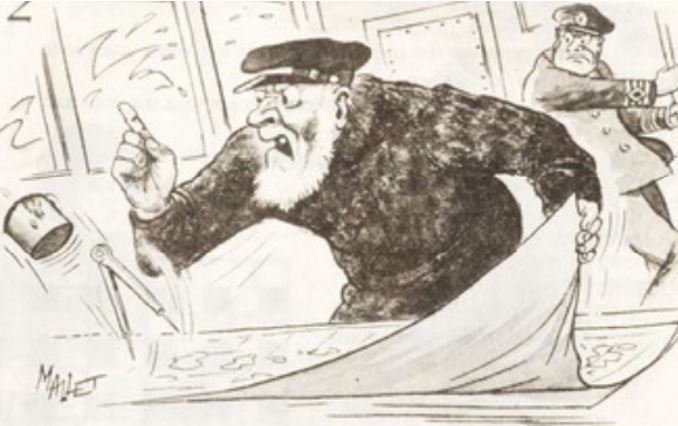
The cautious captain of a small ship had to go along a coast with which he was unfamiliar, so he tried to find a qualified pilot to guide him. He went ashore in one of the small ports where his ship stopped, and a local fisherman pretended that he was one because he needed some money. The captain took him on board and let him tell him where to steer the ship.
After half an hour the captain began to suspect that the fisherman did not really know what he was doing or where he was going so he said to him, 'Are you sure you are a qualified pilot?"
"Oh, yes,' answered the fisherman, 'I know every rock on this part of the coast.' Suddenly there was a terrible tearing sound from under the ship. At once the fisherman added, 'And that's one of them.'
A Which of these sentences are true (T) and which are false (F)? Write T or F in the boxes.
- The captain knew that coast well, but he was a careful man.
- He went into a port to find someone who knew the coast.
- He found a qualified pilot to guide him.
- A fisherman wanted to earn some money by acting as a pilot.
- The fisherman know every rock on that part of the coast.
- He let the captain steer the ship right on to a rock.
B Answer these questions.
- What did the captain of the small ship want?
- Why did he want this?
- Why did a local fisherman want the job?
- What did the captain ask him after half an hour?
- Why did he ask him this?
- What did the fisherman answer?
- What happened then?
- And what did the fisherman say about it?
C Write the sentence under each picture, choosing the correct word each time.
1-The captain put his flag up (after, before, while) entering the port.
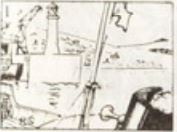
2-He steered the ship (after, before, while) entering the port.
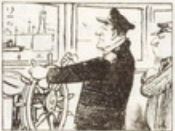
3-He dropped his anchor (after, before, while) entering the port.
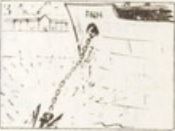
4-(In, On) passing another ship, one should lower one’s flag in greeting.
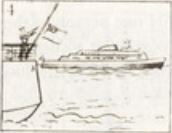
5-The pilot made a mistake (in, on) reading his map, so the ship hit a rock.
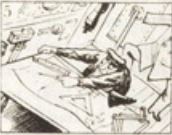
6-He hit a rock (in, through) reading his map wrongly.
 الاكثر قراءة في Advanced
الاكثر قراءة في Advanced
 اخر الاخبار
اخر الاخبار
اخبار العتبة العباسية المقدسة


